Philippine Privacy Watchdog Issues AI Guidelines for Data Privacy
**Manila, Philippines** – The Philippines has rapidly emerged as a regional hub for artificial intelligence (AI) development, with a thriving startup ecosystem and growing investment in the technology. But as AI becomes more deeply integrated into everyday life, concerns have mounted over the potential privacy risks these intelligent systems pose to Filipinos.
The National Privacy Commission (NPC), the country’s data protection watchdog, which has now issued guidelines on how the Philippines’ privacy law should apply to AI. The detailed 5-page advisory, released on December 19, 2024, comes at a time when AI is being rapidly adopted across industries – from healthcare and finance to e-commerce and social media.
“The development and deployment of AI systems often involve the processing of vast amounts of personal data, which can have major implications for privacy,” the NPC explained.
The NPC’s advisory establishes a framework of data privacy principles that organizations must adhere to when leveraging AI technologies that handle personal information.
These include:
1. Transparency: AI systems must clearly disclose to data subjects the purpose, nature, and extent of personal data processing involved. Explanations should be easy to understand and address the expected outputs, risks, and overall impact on individuals.
2. Accountability: Organizations that control personal data used in AI are responsible for implementing effective policies, procedures, and governance mechanisms to ensure compliance with the data protection law. This includes conducting privacy impact assessments and providing human oversight capabilities for automated decision-making.
3. Fairness: AI systems must be designed and continuously monitored to identify and mitigate biases that could lead to unfair or discriminatory outcomes for data subjects. The use of deceptive “AI washing” practices is prohibited.
4. Data Subject Rights: Mechanisms must be in place to allow individuals to exercise rights like objection, rectification, and erasure in the context of AI applications, even after deployment.
The guidelines make clear that the Data Privacy Act’s principles-based, technology-neutral approach applies equally to the processing of personal data in AI systems. This reflects the Philippine government’s stance that data privacy protections must evolve in step with technological change.
“As AI systems become more prevalent, it is crucial that we ensure they are designed and used in a way that respects the privacy rights of individuals,” the NPC stated.
The advisory takes effect immediately, providing a clear roadmap for both private and public sector entities deploying AI applications in the Philippines. Privacy advocates have welcomed the forward-looking stance, viewing it as an important step towards building public trust in emerging technologies.
“These guidelines make data privacy a central consideration, not an afterthought, in the development of AI,” the NPC emphasized.

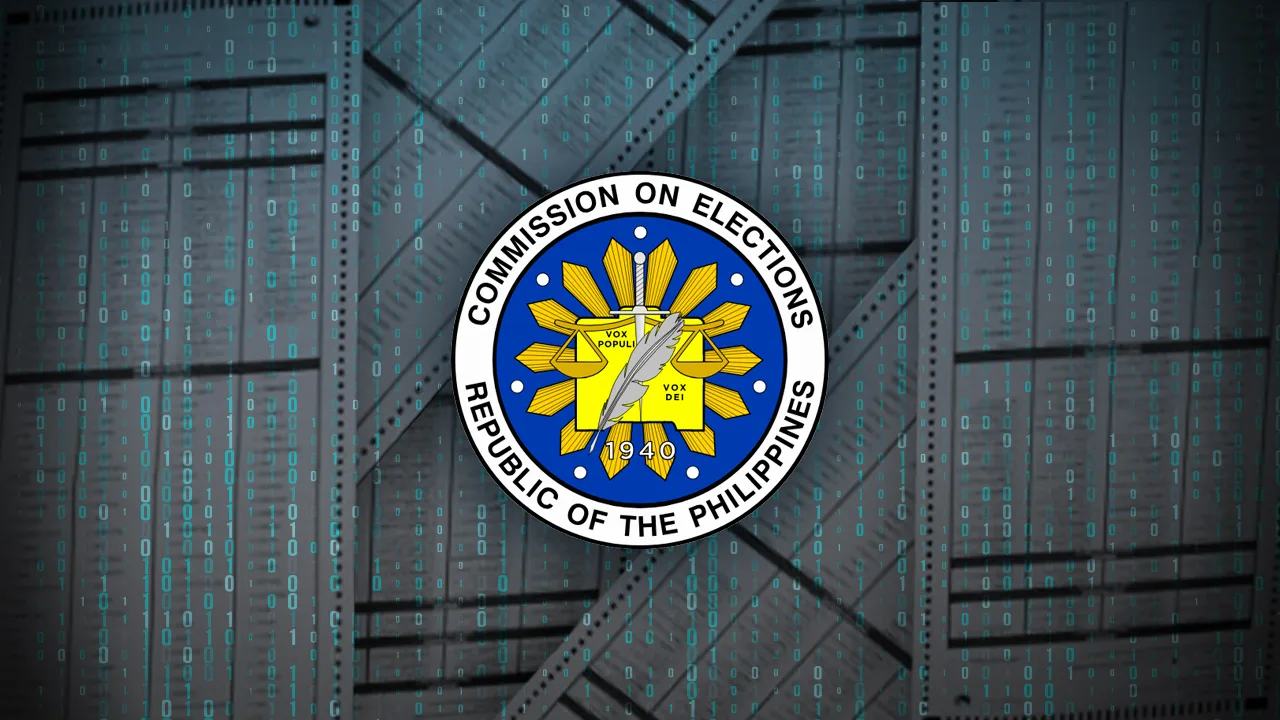


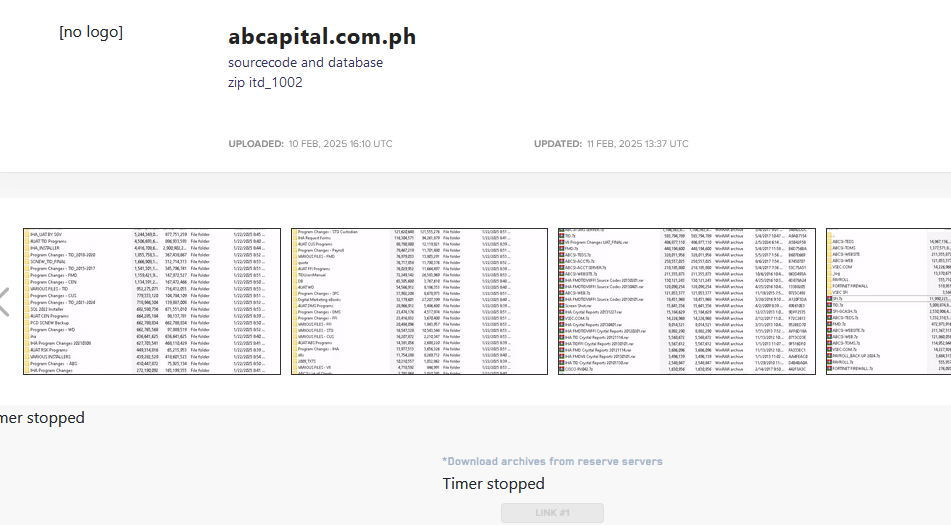
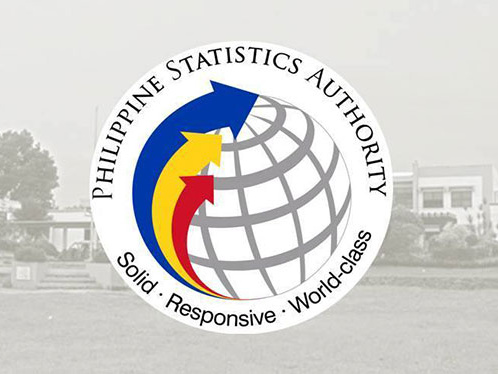
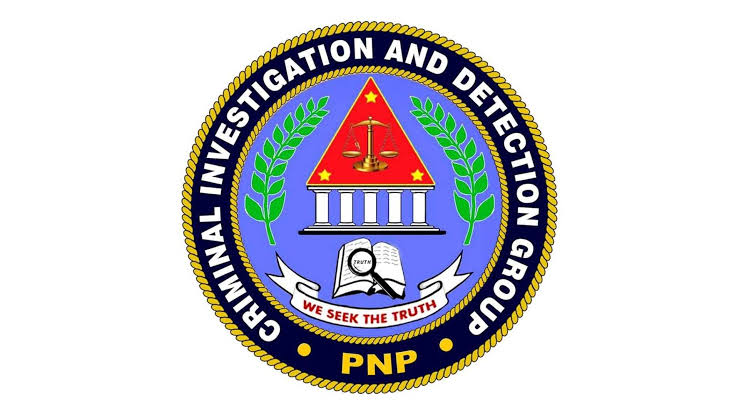
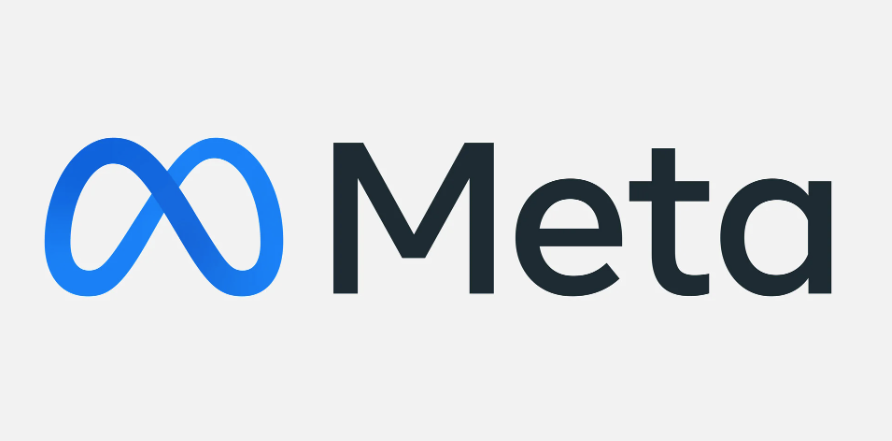
![[Breach Alert] TechFactors Inc. Database Allegedly Leaked](https://iili.io/2DZnCfS.png)
